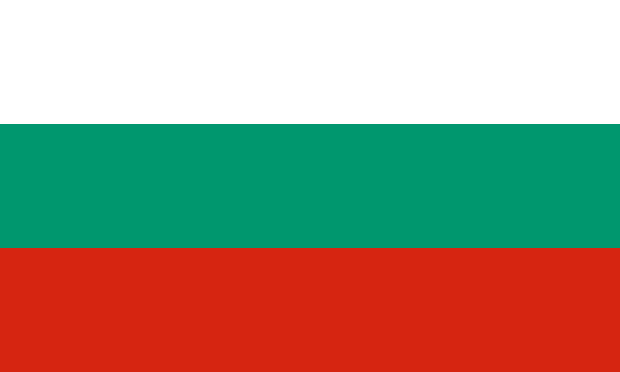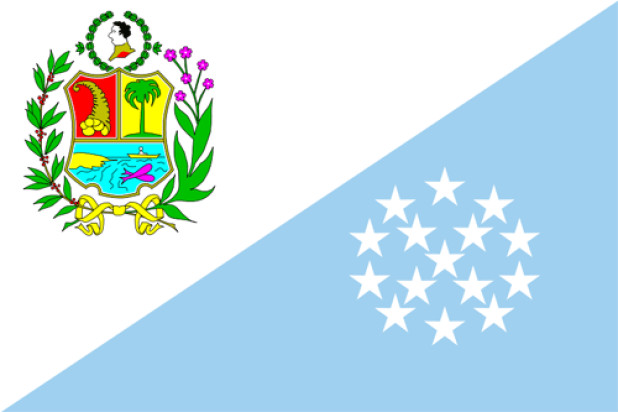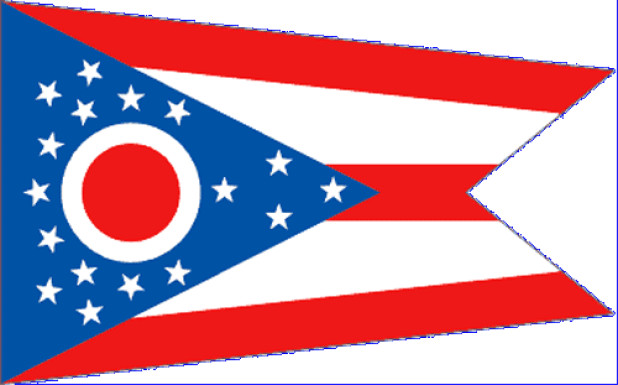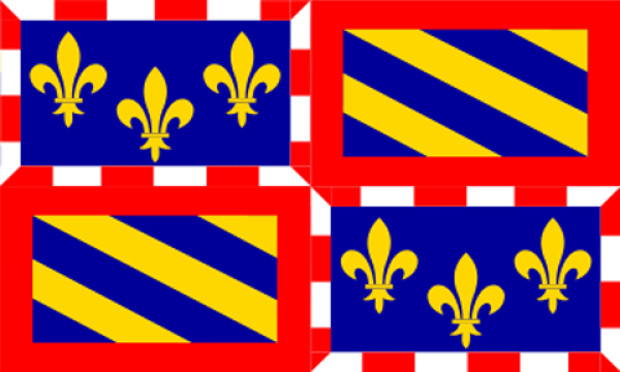Flag of Bulgaria

Listen to anthem
Background knowledge
When Bulgaria was detached from Turkey as a principality as a result of the Russo-Turkish war (1877-1878), and after the peace treaty of San Stefano (03.03.1878) rose as Greater Bulgaria, it was released into partial independence as a Turkish vassal state after the Treaty of Berlin (13.07.1878), but with a territory reduced by about 60% of the land area.
After 1848, many Slavic peoples chose flags in the colors white, blue and red, because they saw Russia as a model, since the Russians were the only free Slavic nation. All other Slavic peoples lived under Austrian, Turkish or even German rule. That political current which tries to unite all Slavs in one nation under the colors white, blue and red is called Pan-Slavism, and the colors white, blue and red are therefore called Pan-Slavic colors.
The Bulgarians owed their freedom to the Russians, and introduced a flag similar to the Russian one, but the blue stripe was replaced by a green one. However, the colors white, green and red had been used unofficially since 1862, before 1877/78. White stands for freedom and peace, green for the forests and agriculture, red for the blood shed to achieve freedom.
The golden Bulgarian lion on a red background is the traditional symbol of Bulgaria. It was also used on the national flag from 1947, but on a blue background, accompanied by communist heraldry. In 1990 it was again removed from the national flag, and, displacing the communist red star, appears instead on the naval flag. In 1997, a new coat of arms was adopted. The escutcheon is red, with the golden Bulgarian lion. The shield bears a crown and is held by two lions standing on oak branches. Below a band of writing in the national colors with the inscription: "Svedinenieto pravi Silata" => "Unity through strength".
Three equal horizontal stripes (white, green, red).
Hymn
That's what ChatGPT knows about the flag of Bulgaria
-
The national flag of Bulgaria is a symbol of Bulgarian national pride. It was introduced in 1878 and represents the Bulgarian nation and its history. The flag is a symbol of the unity of the Bulgarian people and the solidarity of the Bulgarian people.
-
The national flag of Bulgaria is a symbol of the independence of the country. It was first used on April 22, 1879 as a white, green and red flag. These colors represent the three religious groups in Bulgaria: the Orthodox, the Muslims and the Catholics. The flag was changed in 1948 to celebrate the independence of the country. Since then it has been used as a symbol of Bulgarian national pride.
-
The national flag of Bulgaria is a tri-color banner in red, white and green. The upper half of the flag is white, the lower half is green and in between there is a wide red stripe. The white area of the flag symbolizes peace and freedom, the green area represents nature and the fertility of the country and the red stripe represents the bravery of the Bulgarian nation.
Discover something new
Random flags from our large flag database.






